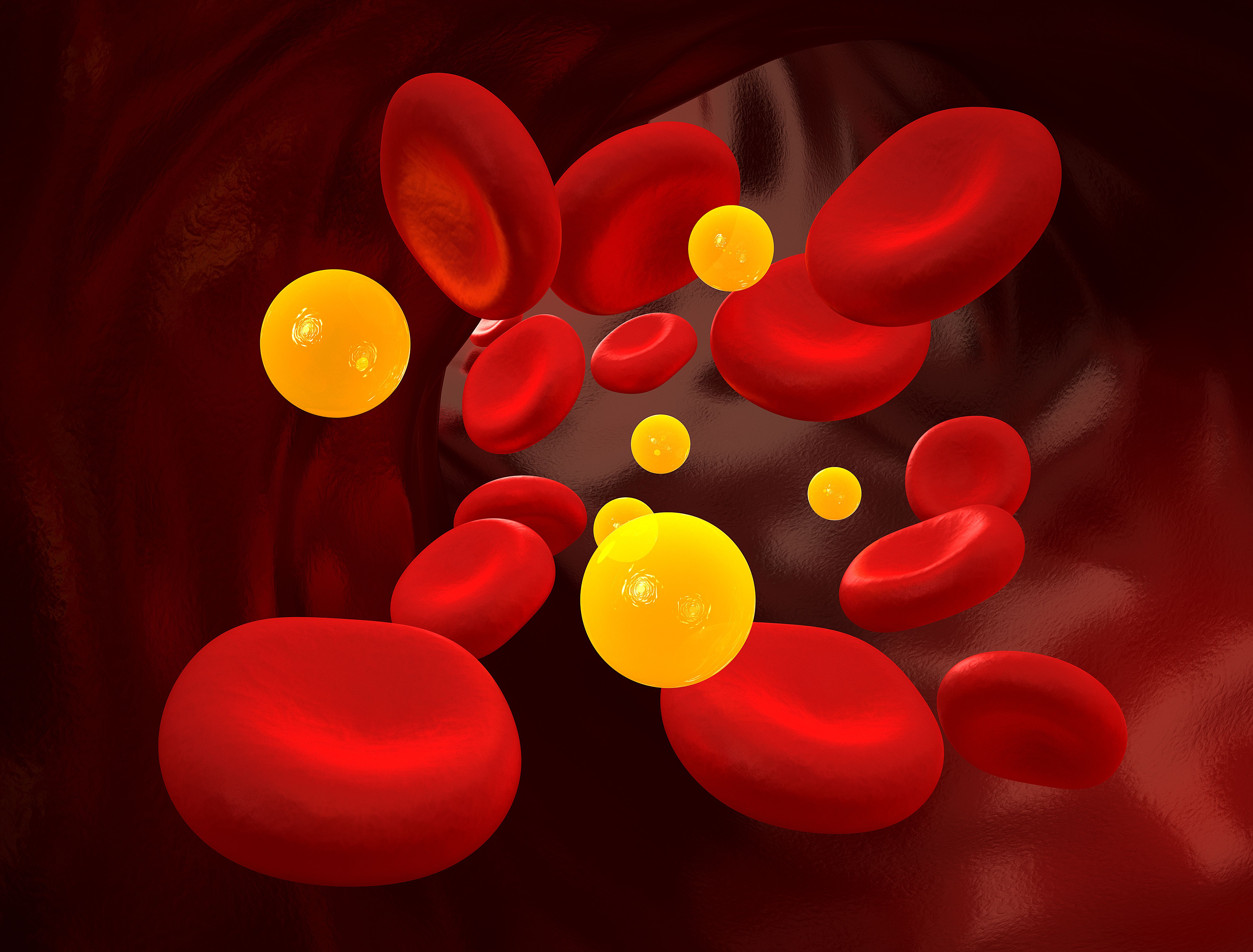Video
ENVISAGE-TAVI AF: Clinical Implications and Next Steps, With George Dangas, MD, PhD
Author(s):
George Dangas, MD, PhD, discusses the results of ENVISAGE-TAVI AF and provides perspective into the priorities of investigators as they plan and conduct additional analyses of the trial.
Presented at the European Society of Cardiology (ESC) Congress 2021, results of ENVISAGE-TAVI AF demonstrated edoxaban was noninferior to warfarin for adverse events following transcatheter aortic valve implantation (TAVI) in patients with nonvalvular atrial fibrillation.
A 1426-patient trial with participants from 173 medical centers in 14 countries, results suggest edoxaban was noninferior to warfarin following TAVR in this patient population in regard to rate of adverse clinical events, but investigators also urge caution related to an association with an increased risk of major bleeding, which was driven by rates of gastrointestinal bleeding.
“Overall, this trial showed the noninferiority of edoxaban compared to warfarin (or similar analogues) with respect to the composite efficacy endpoint of adverse clinical events. On the other hand, we need to be attentive to the higher bleeding risks with edoxaban. Based on secondary analyses, it seems that lowering the edoxaban dosage when indicated and avoiding patients on mandatory antiplatelet therapy is reasonable safety advice from a clinical point of view. We will be conducting a detailed analysis on specific types of bleeding in the near future,” said principal investigator George Dangas, MD, PhD, professor of medicine and director of cardiovascular innovation at Icahn School Medicine at Mount Sinai, in a statement from the ESC.
For more insight into the results of ENVISAGE-TAVI AF and to learn about any forthcoming analyses of data from the trial, Practical Cardiology reached out to Dangas and that conversation is the subject of the following ESC Congress 2021 House Call.
This study was presented as “ENVISAGE-TAVI AF: edoxaban vs. vitamin K antagonists after TAVI in patients with atrial fibrillation“ at ESC Congress 2021 and simultaneously published as “Edoxaban versus Vitamin K Antagonist for Atrial Fibrillation after TAVR,” in the New England Journal of Medicine.





